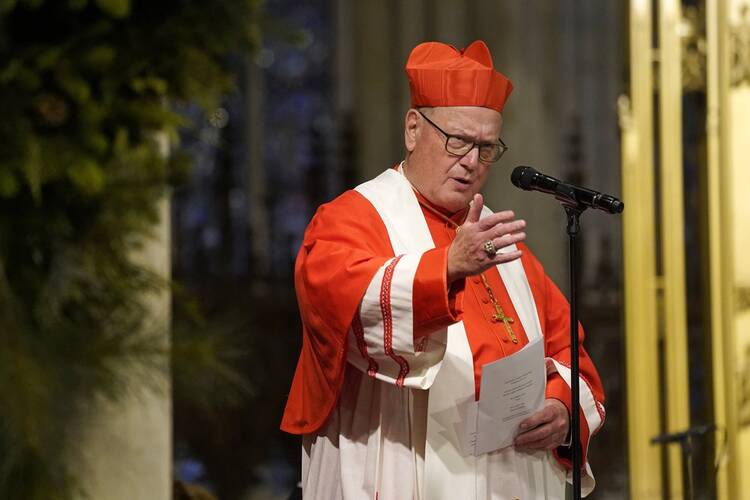
The sobering reading from Ezekiel in the Liturgy of the Word from Sunday, Sept. 11, 2023, is still echoing in my head. You may recall it: The Lord is reminding the prophet that he, Ezekiel, is a “watchman,” whose task includes warning God’s people, including telling them they will die if they do not change their ways in accord with the Lord’s commands.
It is hard to dodge that call as anything but a challenge to be a “culture warrior.” I might prefer “critic” rather than “warrior,” but the call is to speak for the Lord in sternly calling the people to fidelity. If not, the consequences are death, for both the prophet and the hearer. Rather somber!
There are of course other examples of this call in Scripture. St. Paul can come across as a “culture warrior.” And Jesus was hardly sugary sweet when he warned his disciples that “the world will hate you as it hated me.”
St. Paul can come across as a “culture warrior.” And Jesus was hardly sugary sweet when he warned his disciples that “the world will hate you as it hated me.”
Yet today, such a style of advocacy and preaching is dismissed as improper and ineffective. Sure, a positive, conciliatory style is to be preferred, and we readily admit that a nonstop negative, condemning, threatening style is usually counterproductive.
But the prophet’s role as a “culture warrior” is hardly novel or evil.
The Catholic Church in the United States has had occasion in our history to be more Ezekiel-like in its approach to culture. In fact, I wish on occasion that our church had been more blunt.
Lord knows we are still embarrassed that our bishops were mostly tongue-tied before, during and after the Civil War in standing up for the civil rights of enslaved people and African Americans.
And the cheerleading of our bishops in promoting the unfortunate Spanish-American War during the closing years of the 19th century was hardly evangelical.
One can even make the case that the high point of the “culture warriors,” especially for our nation’s bishops, came in the 1980s.
The prevailing culture of the day was clearly on the more politically conservative side, with the electoral victories and popularity of President Ronald Reagan.
It was then that our bishops took him on, criticizing American culture in two pastoral letters—first in “The Challenge of Peace,” which was critical of President Reagan’s defense buildup, and then in “Economic Justice for All,” aimed at “Reaganomics.”
Many of today’s critics of cultural warriors remain very proud of those controversial, prominent examples of sharp criticisms of a more politically conservative cultural drift.
We like “cultural warriors” when they are on our side; we are not so pleased when they take on issues not on our agenda.
It seems to come down to this: We like “cultural warriors” when they are on our side; we are not so pleased when they take on issues not on our agenda.
True, the title of “warrior” is hardly one any genuine follower of the Prince of Peace would seek; and it is also true that style is crucial in getting across a message to others. A harping, haranguing, judgmental approach is not for us.
Nevertheless, let us be careful about a blanket condemnation of those among us who try their best to speak in a compelling and credible way on behalf of God’s truth, even warning that if we do not repent and convert…there will be hell to pay!
Maybe we can call them “culture Ezekiels.”
